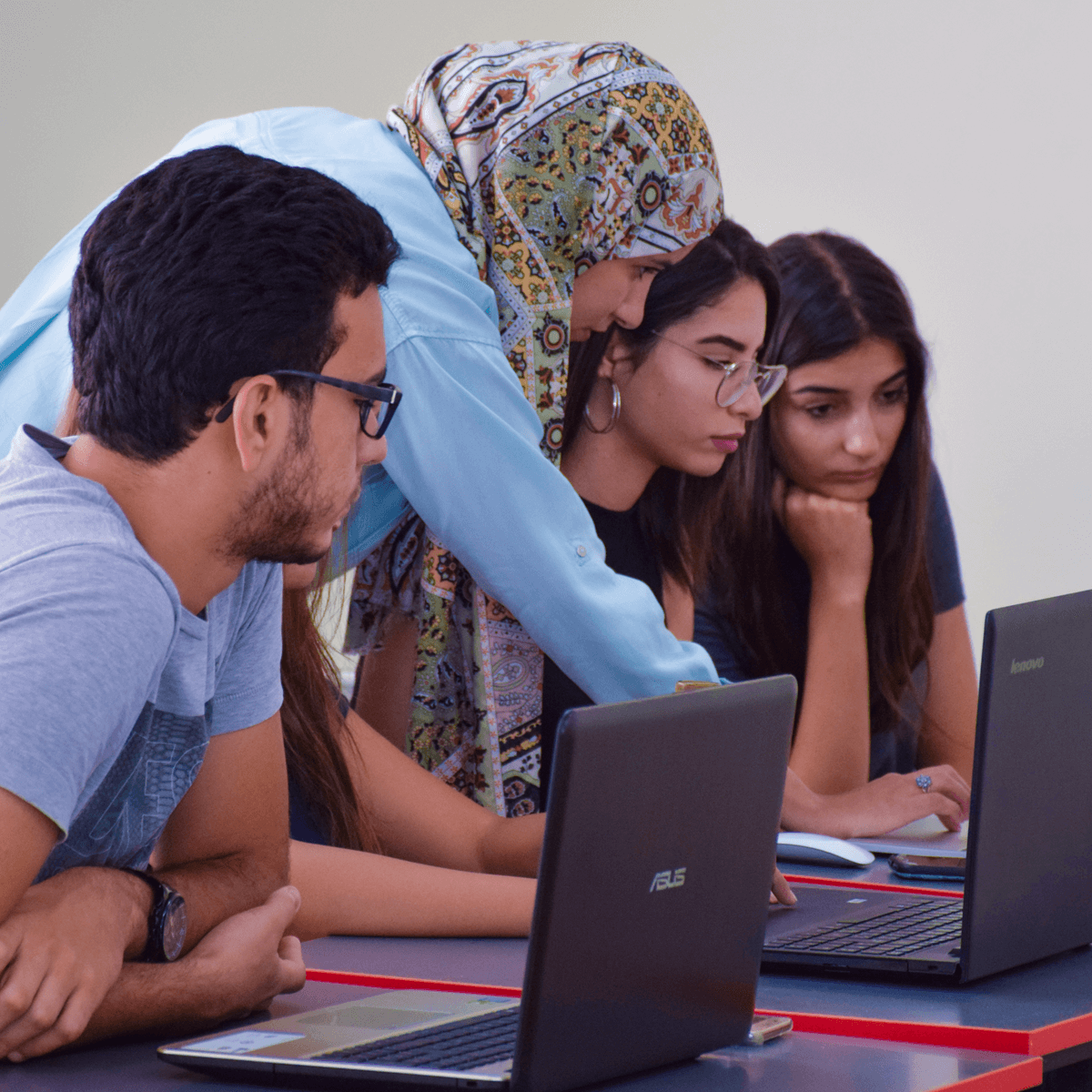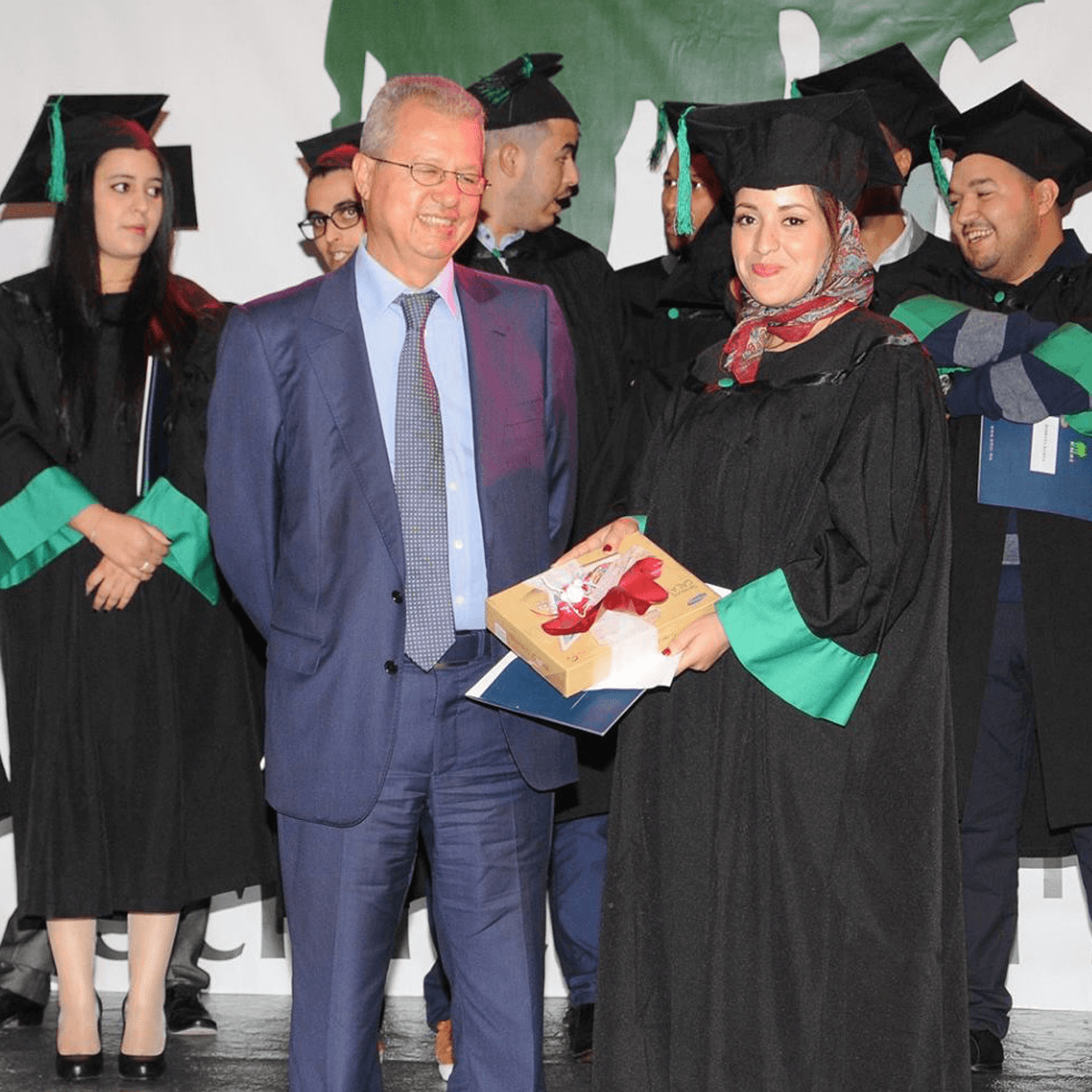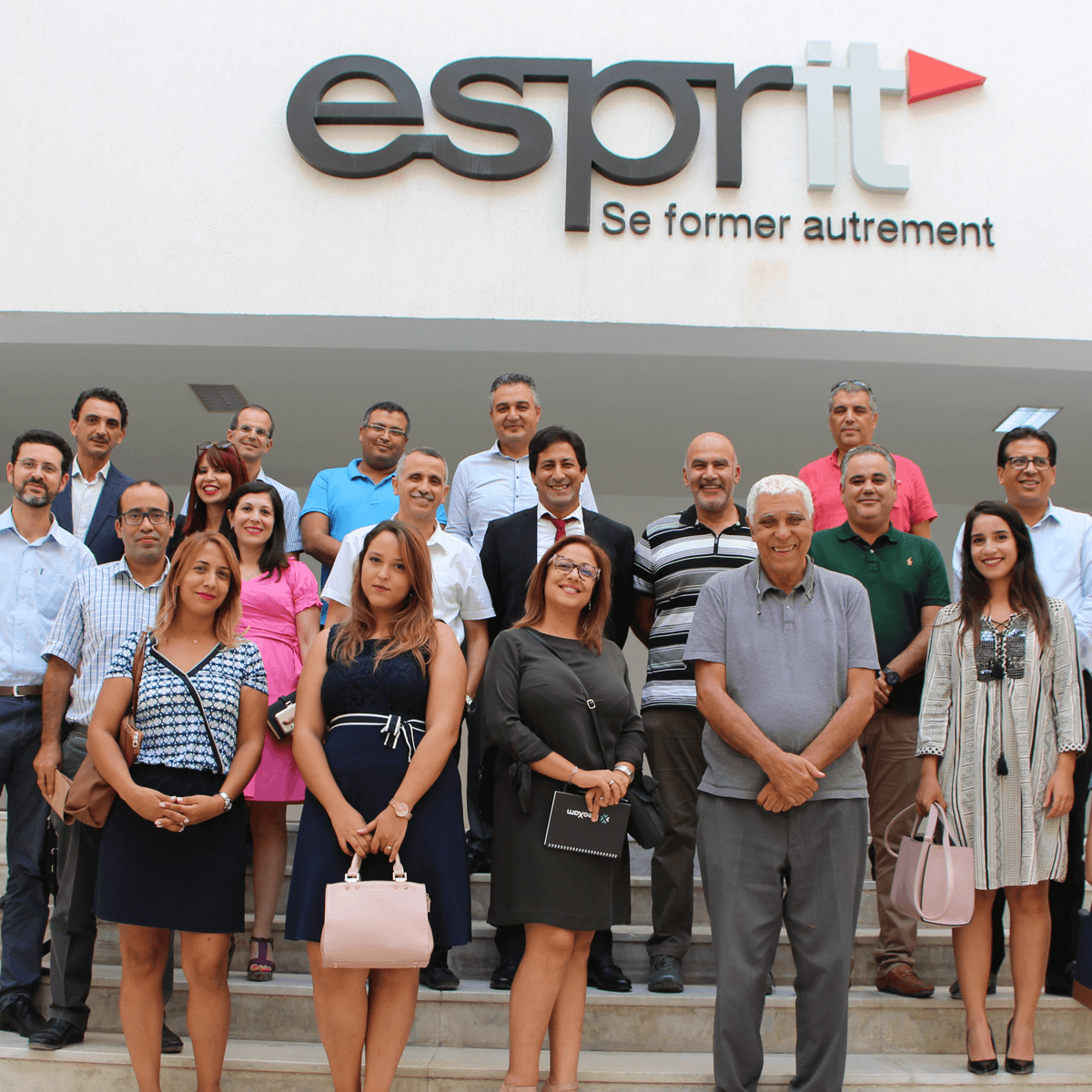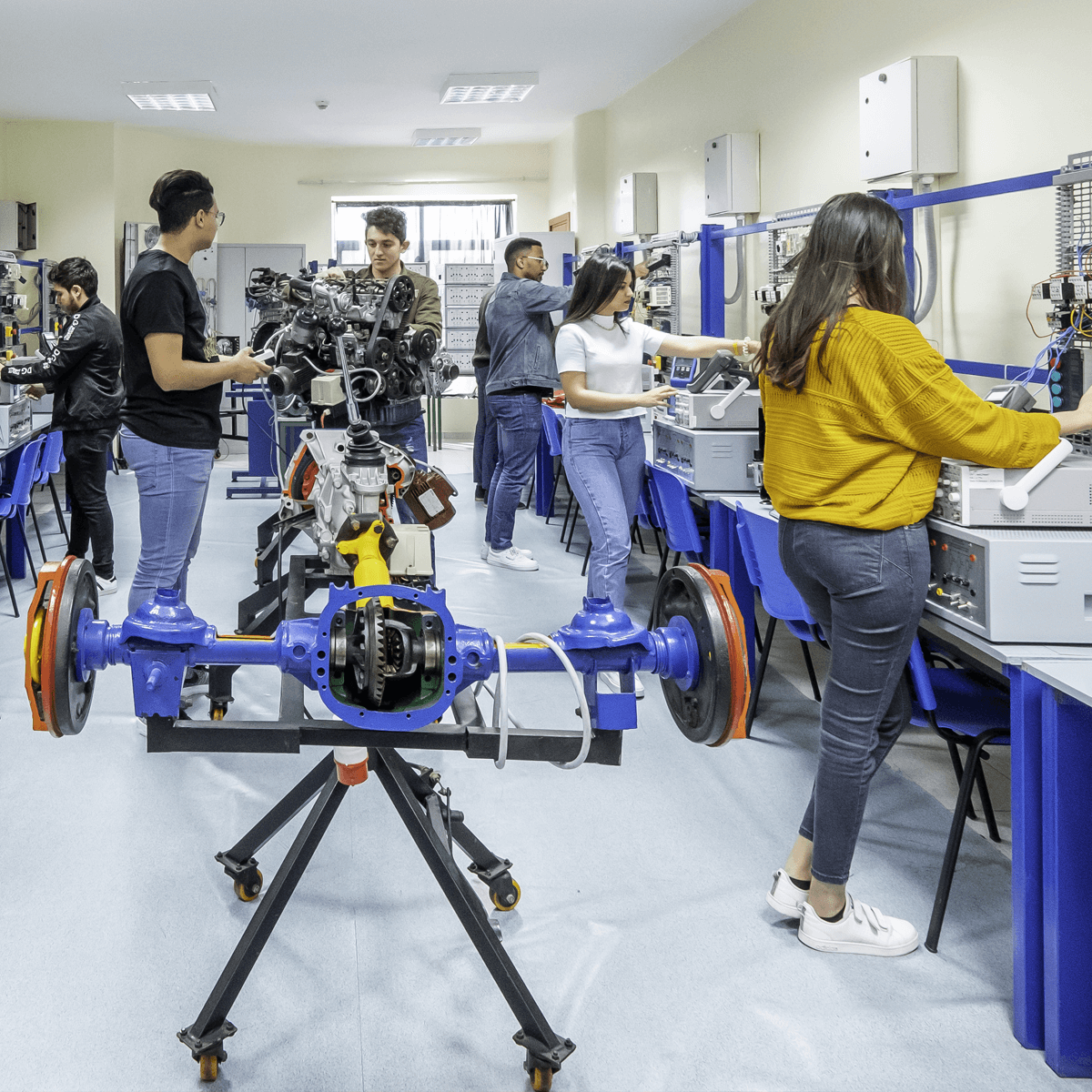The quality of teaching determines the outcome and quality of education that students receive and 21st century skills development requires 21st century teaching and learning approaches. The Fourth Industrial Revolution has made it imperative that education systems adapt. At the same time, school closures caused by the COVID-19 crisis have further exposed the existing inadequacies of education systems around the world. In response, the World Economic Forum has identified eight critical characteristics in learning content and experiences that will define high-quality learning in the Fourth Industrial Revolution: (1) Global citizenship skills, (2) Innovation and creativity skills, (3) Technology skills, (4) Interpersonal skills, (5) Personalized and self-paced learning, (6) Accessible and inclusive learning, (7) Problem-based and collaborative learning, and (8) Lifelong and student-driven learning. >>read more
The course will focus on disseminating a common vocabulary for key concepts in digital transformation of education. This is to align knowledge and understanding of the future of education, teaching, and learning. It will also provide space to exchange experiences across the academic communities within the network and time to reflect through a practical assignment. By following evidence-based teaching methods and offering technology-rich practices, education institutions have a unique opportunity to enhance the student experience, to improve the student outcomes, and to drive overall student success.
By the end of the course, one will be able to use established terminology to discuss the current trends, choose the best practices to facilitate, and manage the learning process and understand how the shift in learning is affecting employability. The course will be delivered from Feb 2022 to all the permanent teachers at first and then opened to all the other teachers and academics in a second cohort.

EMSI PARTNERSHIP WITH PUBLIC UNIVERSITIES
Preparing PhD graduates to become teachers
In this initiative, EMSI has partnered with public universities to prepare PhD graduates to become teachers. EMSI collaborated with national and international academic partners with an objective to accompany young researchers and facilitate their integration as research professors or managers of R&D departments in industry. International partners included the University of Lorraine (Nancy and Metz in France), with two laboratories LGIPM and CRAN; and Moroccan university partners included Hassan II University Casablanca, Sultan Moulay Slimane University Beni Mellal, and Abdelmalek Essâadi University Tangier.

The main focus of these co-operations was applied research, in order to meet the needs of Morocco and Africa as follows:
Faculty development program at ESPRIT
The pursuit of training educators takes root in the mission to strengthen their teaching capacities throughout their careers, stimulating them with high quality training, and keeping up with the research and innovation in teaching methods and educational technologies. This training is suited to newly recruited educators as well as existing staff. These trainings are organized in the form of interactive workshops using innovative and active learning approaches such as (1) E-learning, (2) Hands-on training, (3) Coaching or mentoring, (4) Group discussions and activities, (5) Role-playing, and (6) Case studies. All training activities are organized throughout the school year; however there is also a summer workshop (in July), as well as two seminars a year which are within the framework of the UNESCO Chair and in relation with Project Based Learning.
The highlights of the educator training program at ESPRIT are:

FINAL THOUGHTS

To stay competitive in this new digitally disruptive environment and fast pace of change, Honoris continues to adapt and embrace technology to improve the student and teacher experience to enhance learning outcomes.
This is bound to ensure the success of both teachers and students in their future endeavors.


